India Censorship - on then off again
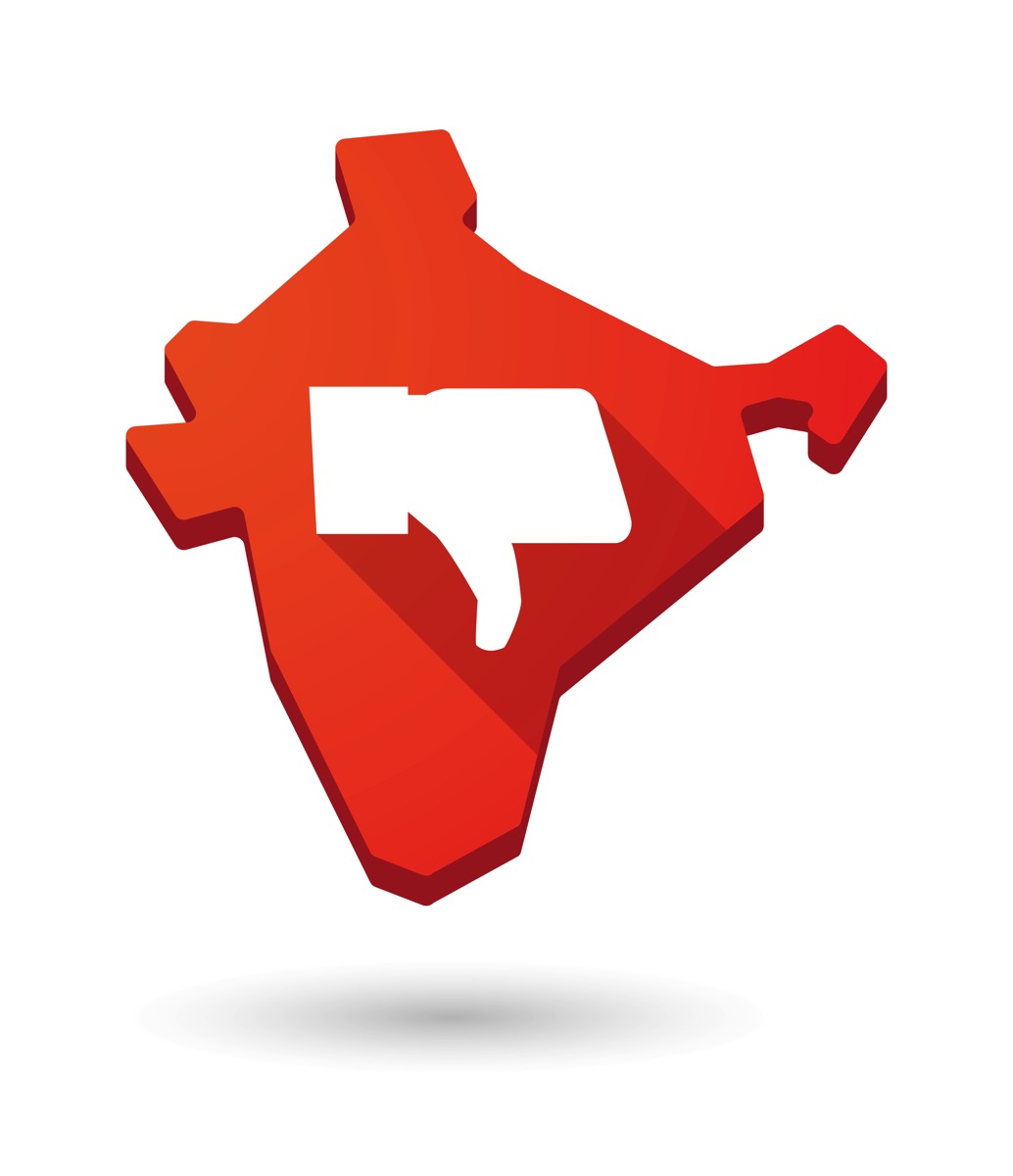 India recently announced that all ISPs in the country will be required to block a list of over 800 websites. They claim all of these were for pornography or child pornography, but it turns out that was not the case for all of them. In the face of a massive backlash, the telecom ministry first said this was no big deal because people could use VPN services to bypass the censorship. They later down entirely.
India recently announced that all ISPs in the country will be required to block a list of over 800 websites. They claim all of these were for pornography or child pornography, but it turns out that was not the case for all of them. In the face of a massive backlash, the telecom ministry first said this was no big deal because people could use VPN services to bypass the censorship. They later down entirely.
Obviously this huge number of people protesting this move we're not all pedophiles but rather people who understood that this kind of censorship often leads to much broader and politically based censorship. At Anonymizer are we noticed a huge surge in the amount of traffic and sign-ups coming from India during this situation.
It is very important to set up your anti-censorship tools before you actually need them. It is easy for governments to block a website like Anonymizer.com, your service might continue to work for very long time but you would not be able to sign up in the first place once the censorship is put in place.
https://www.youtube.com/watch?v=9NZL8D-p6FY
[powerpress]
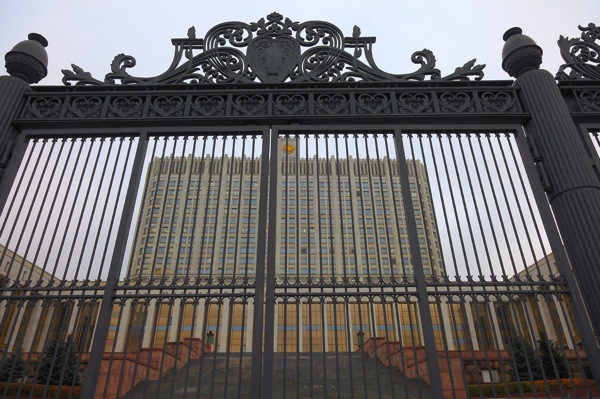 On September 24, the Russian Duma passed a bill moving the date on which all Internet services must host local data locally from Sept 1, 2016 to Jan 1, 2015. That is an effectively impossible timeline for international Internet companies, which is probably the whole point.
On September 24, the Russian Duma passed a bill moving the date on which all Internet services must host local data locally from Sept 1, 2016 to Jan 1, 2015. That is an effectively impossible timeline for international Internet companies, which is probably the whole point.
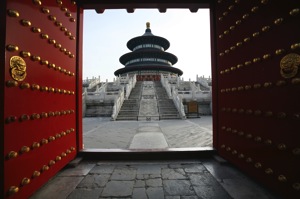

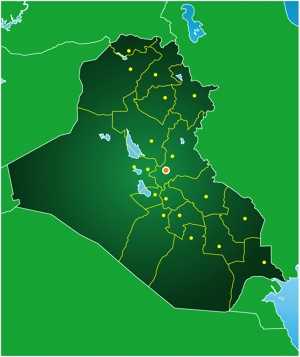
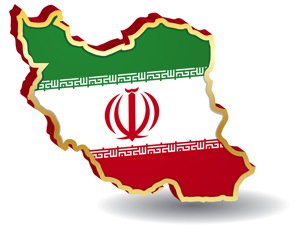

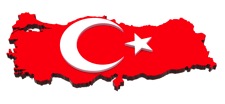


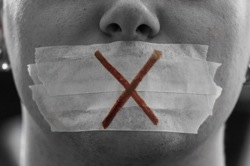
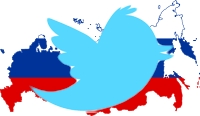


 Turkish Prime Minister Tayyip Erdoğan announced that the courts have ordered Twitter be blocked completely.
Turkish Prime Minister Tayyip Erdoğan announced that the courts have ordered Twitter be blocked completely.
 Turkey passed legislation to allow the government to censor access to websites within four hours of receiving an allegation of privacy violations.
Turkey passed legislation to allow the government to censor access to websites within four hours of receiving an allegation of privacy violations.